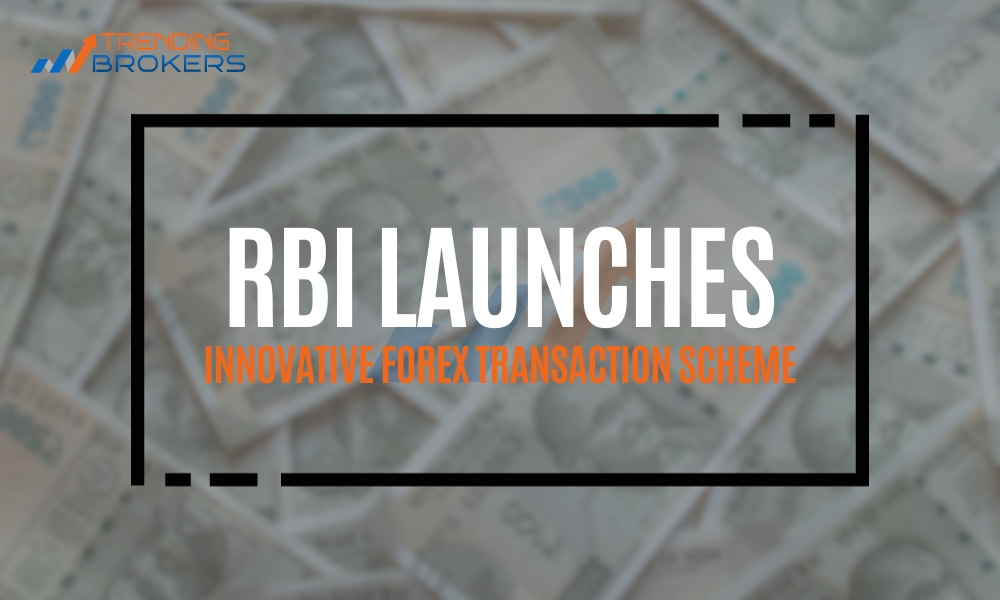The Reserve Bank of India (RBI) has established a licensing framework for authorised individuals governed by the Foreign Exchange Management Act (FEMA). Essentially, new regulations are in the works to enable authorised persons to function as money changers.
This development was initially disclosed in the statement on Development and Regulatory Policies released on June 8, 2023. Subsequently, the draft licensing framework for authorised persons under FEMA has been made available on the RBI’s portal, with the central bank inviting comments and feedback on the proposed framework.
To streamline business operations, the RBI aims to introduce a novel category of money changers through the Forex Correspondents Scheme. These money changers can engage in money-changing activities through any agency model by becoming forex correspondents of Category-I and Category-II authorised dealers, according to the draft posted on the RBI portal.
Noteworthy is that these entities will not be obligated to obtain authorisation from the Reserve Bank. Transactions conducted by forex correspondents on behalf of authorised dealers will be recorded in the books of the principal authorised dealer.
Under the Forex Correspondents Scheme, general permission will be granted to forex correspondents and their customers to engage in foreign exchange activities as permitted by the FCS. Forex correspondents will be permitted to buy and sell foreign currency notes/travellers’ cheques for foreign private and business travel and distribute forex prepaid cards based on the terms and conditions outlined by the principal authorised dealer.
Notably, an entity may only have a forex correspondent relationship with a single principal authorised dealer at any time. Additionally, forex correspondents will exclusively engage in foreign exchange transactions with the public or their principal authorised dealer.
In a departure from the current practice, where authorisation for entities operating as AD Category-II is initially granted for one year and renewed for 1 to 5 years, the RBI proposes perpetual authorisation. This would reduce regulatory burden and enhance the ease of doing business, subject to compliance with the revised eligibility criteria in the new framework.
Read Also- India’s FCNR Deposits Surge: NRI Forex Resilience




